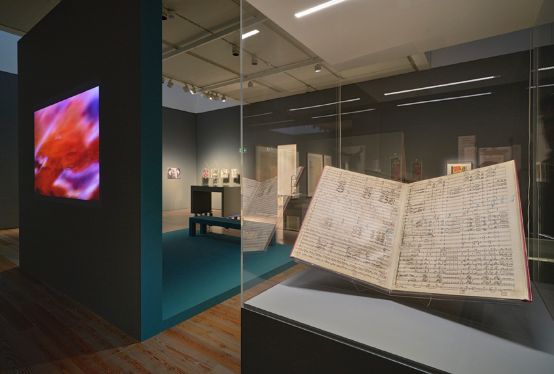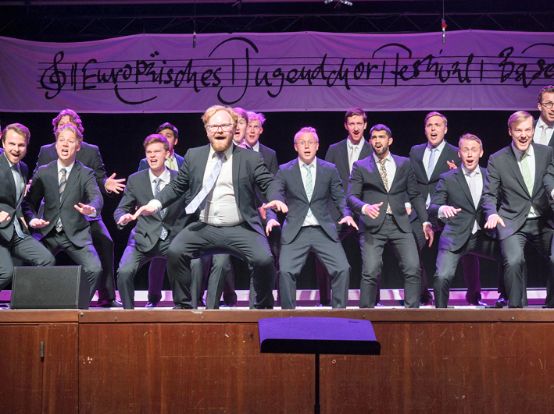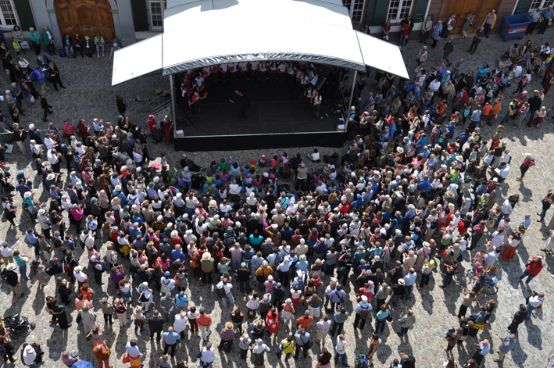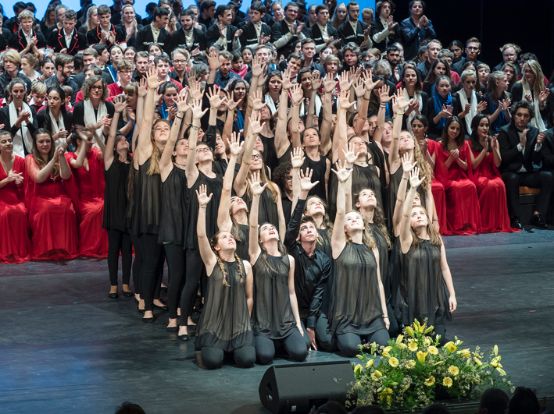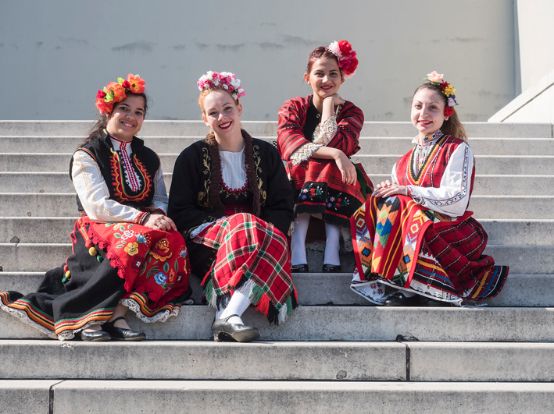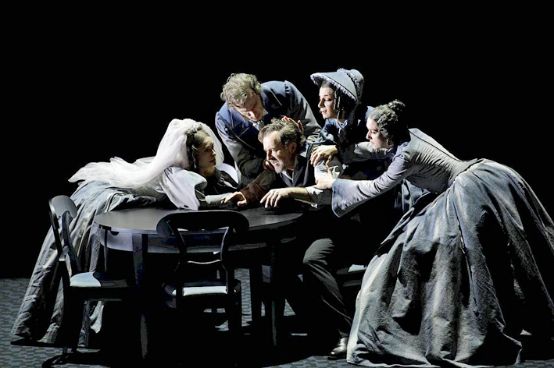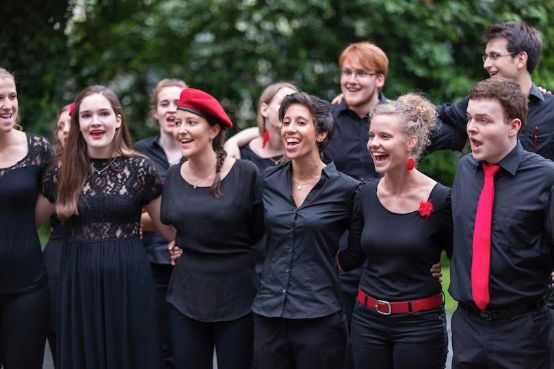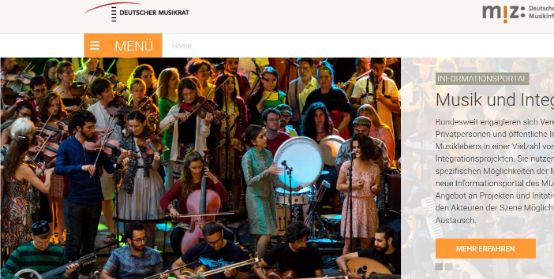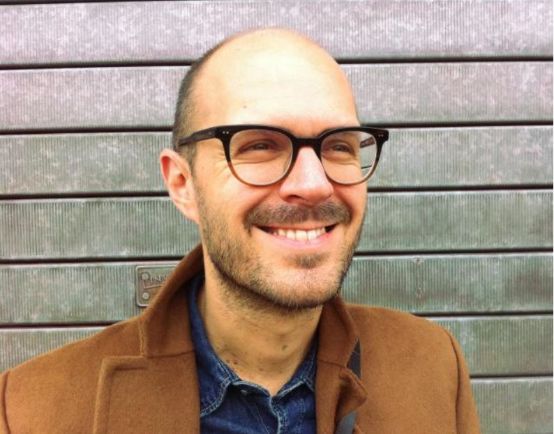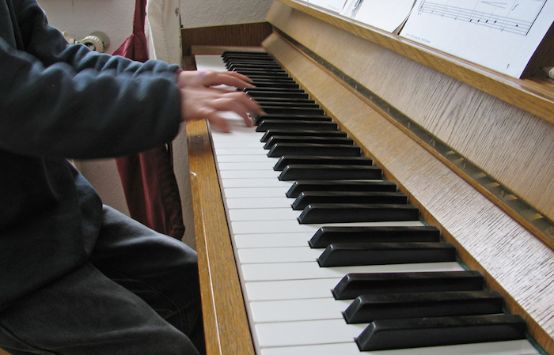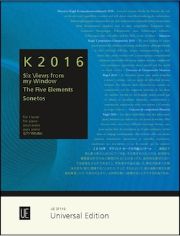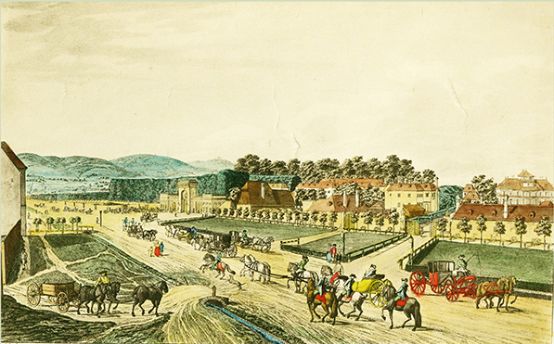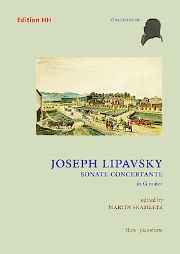PGM: Step on site
On March 7, members of the Parliamentary Group for Music (PGM) met with representatives from various music institutions at the Konsi Bern to discuss talent promotion.

In his introductory remarks, National Councillor Stefan Müller-Altermatt, President of the Parliamentary Group for Music PGM, described the "music promotion article", which was adopted in 2012: "Whatever ambiguities can be put into a constitutional article are contained in Art. 67a." A tailwind from the constitution had been hoped for, but now the implementation of music promotion goals is rubbing up against ambiguities, questions of responsibility and a lack of speed.
The PGM meeting focused in particular on talent development. Here, too, efforts seem to be making little headway. It is not that there are no support instruments for musically gifted children and young people, there are many; Müller-Altermatt even used the term "jungle" in the title of the event: "The battle for talent - promoting gifted children in a jungle of responsibilities". The report by the State Secretariat for Education, Research and Innovation from February 2017 refers to a considerable number of cantonal measures, but nevertheless concludes that there is a "low proportion of foreign students" at music universities.
Talent breeds talent
"Everything has been said, everything has been written, everything has been scientifically proven, what is missing is the political will." This is how Hector Herzig summarized his view on the sluggish implementation of the constitutional article and the targeted promotion of gifted children in a short presentation. "Why," he continued, "is there no music promotion law when there has long been a sports promotion law?" The federal government had enforced three lessons of sport for children and young people in the cantons, so surely it should also be able to influence musical education.
At the subsequent panel discussion, Thomas Limacher, principal of the Lucerne Music School, reported on the support model there. Thanks to a private donation, the canton of Lucerne has been supporting talented musicians for four years. The most important thing is to support the talents, but to leave them in their traditional environment for as long as possible, because there, in the local music society or the regional music school, they act as beacons. As a rule, one talent soon leads to a second or third. It is therefore by no means a question of removing talent from regional structures as quickly as possible and continuing to promote it centrally. With this statement, Limacher touched on an issue that affects society as a whole, which makes the promotion of music even more difficult and which Herzig had already addressed: the associations, the backbone of cultural Switzerland, are eroding.
Michael Kaufmann, Director of the Lucerne University of Music, pointed out a paradoxical situation: The same political circles that have not funded talent promotion to date have criticized the low proportion of students with a Swiss admission certificate at music universities. However, in order for more young Swiss musicians to reach university level, talent promotion is needed.
The pending list is long
Isabelle Chassot, Director of the Federal Office of Culture, countered that the 2016-2020 cultural message focused on the implementation of the Youth+Music program. The measures to promote talent must now be discussed for the next period. As the current structures are very different, regional centers should perhaps be considered. (In fact, the Swiss Music Council expects the 2021-2024 cultural message to be drawn up from summer 2018, which is why it has called on its members to submit proposals by March 29 on what the music sector should include in the cultural message).
When moderator Wolfgang Böhler asked whether federalism was the brake, Susanne Hardmeier, Secretary General of the Swiss Conference of Cantonal Ministers of Education (EDK), replied that the commitment of those responsible in the cantons was huge and that the differences between the cantons were a wealth, not an obstacle. A great deal of activity there too, but no common solution in sight. Comments from the floor extended the list of unresolved issues: Rainer J. Schweizer emphasized that promoting gifted children begins with access to music and that Switzerland lags far behind when it comes to capturing children from educationally disadvantaged backgrounds. And with regard to school music, Armon Caviezel asked what the EDK wanted to do to prepare teachers for Curriculum 21 in the subject of music.
In the slipstream of interest
All in all, there were far more questions than answers. National Councillor Müller-Altermatt put it in a nutshell: "If I were to go back to the Federal Assembly and push through a music promotion law, I wouldn't know how to solve this institutionally. Where should the leverage be placed between cantonal and federal competencies?"
Thomas Limacher summed up the basic mood of stagnation despite increasing urgency, helplessness and fatigue that was noticeable in many places quite tangibly: "We can continue with our funding program in the canton of Lucerne for another two years or so, then the previous, private funds will no longer be sufficient. If there is no help from politicians then, we will have to massively reduce the program or stop it."
Just one parliamentarian listened to these concerns from over thirty representatives of the music scene. Obviously, politicians' interest in musical issues is limited.






